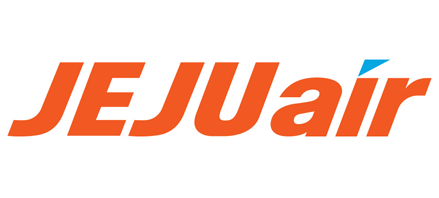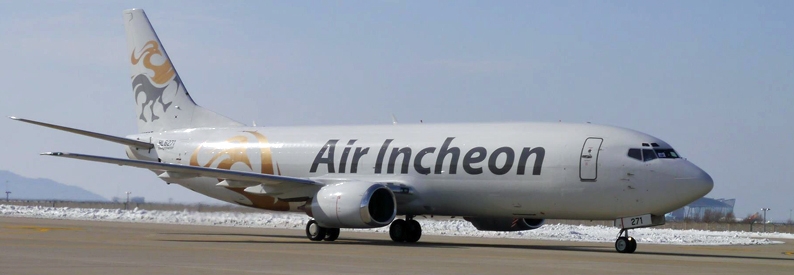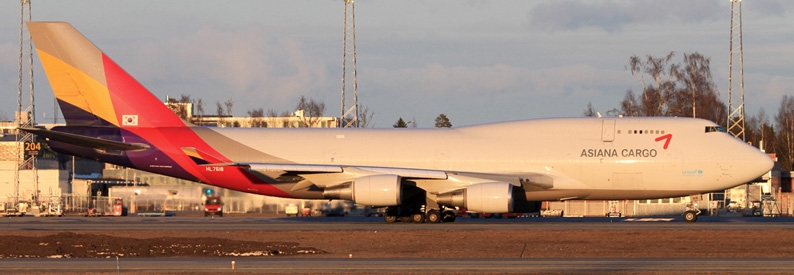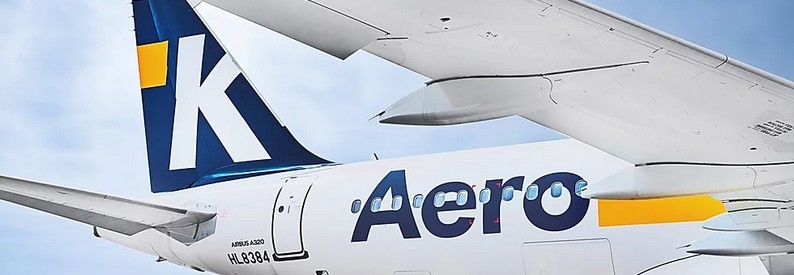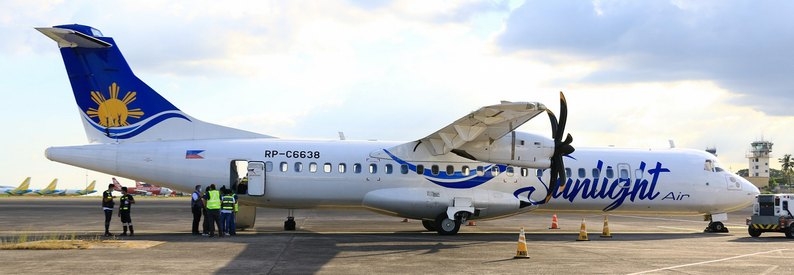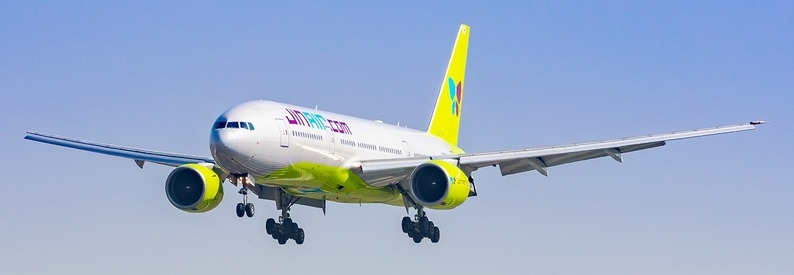South Korea will provide KRW32.1 billion won (USD29.4 million) in assistance to Jeju Air (7C, Jeju) to help it stay afloat amid the slump in demand, the state-run Korea Development Bank, which operates the country’s Key Industry Stabilisation Fund (KISF), said in a statement on December 10.
The amount consists of KRW25.7 billion (USD23.5 million) in loans and a KRW6.4 billion (USD5.9 million) investment through the acquisition of convertible bonds.
On its part, the low-cost carrier is required to take steps any other company must adhere to on accepting these funds, such as maintaining at least 90% of its employees over the next six months, suspending dividends and treasury stock purchases, prohibiting pay rises for managers with an annual salary of KRW200 million (USD183,000) or more, and making efforts to improve the company’s financial status.
The KISF’s management council began discussing aid for Jeju Air in October to assess the feasibility and urgency of support. The carrier’s main creditor, state-owned Export-Import Bank, conducted due diligence with an external accounting firm, estimating the airline’s required funds to be about KRW200 billion (USD183 million).
However, Jeju Air will have to wait until the first quarter of 2021 for the rest of its promised package of aid. In addition to the KISF funding, the two state banks will reportedly provide loans totalling KRW120 billion (USD110 million), while the Korea Credit Guarantee Fund, whose job is to lend a hand to small and medium enterprises, is expected to supply a further KRW30 billion (USD27.5 million) through “primary collateralised bond obligations.”
The reason for the delay is the Korea Development Bank’s heavy engagement in the mega-merger of the country’s two full-service airlines, Korean Air and Asiana Airlines. Initially, the support for Jeju Air - which currently needs about KRW40 billion (USD36.6 million) in operating expenses a month - had been tabled for injection in November-December.
